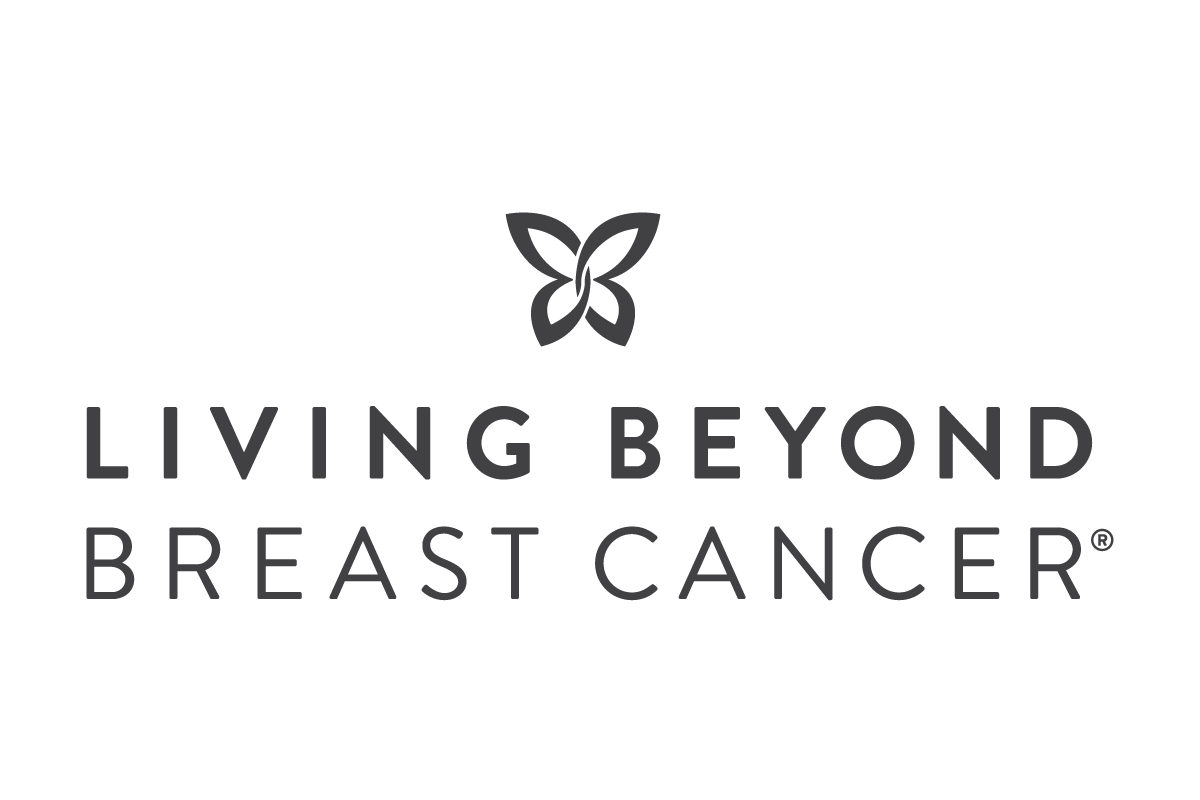What I Wish I Knew: Lean In
- 01/31/19
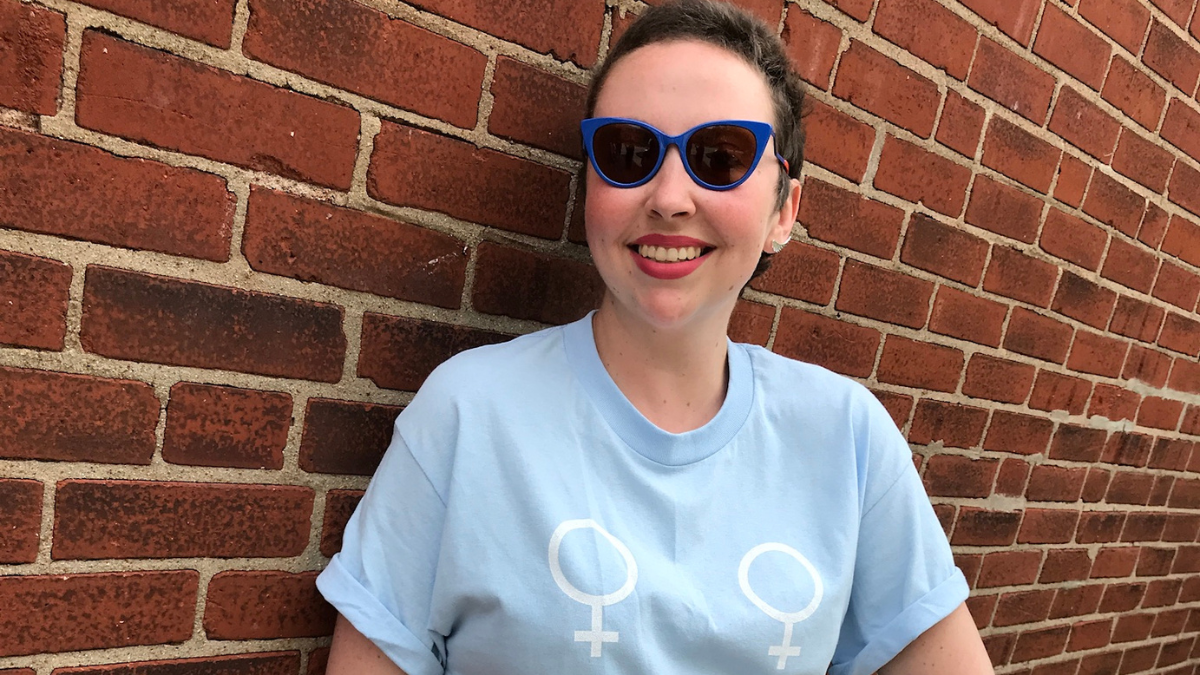
I’m not sure I believe anything can truly prepare someone to hear the words, “You have cancer.” At least that’s how I felt when I heard those words on July 14, 2017. If there is one thing I wish I knew when I was diagnosed with breast cancer, it is to lean in.
Lean into the people who love you the most.
You may feel alone, and your experiences may be unique, but the people who care about you will be there. They’re not going to know how to help, so they’re going to ask you what you need. At first you might not have an answer to that question because all you’re thinking is, “Why the heck did this happen to me?” When you’re ready, make a list of all the things you can outsource and then hand it to a trusty loved one and have them assign the duties.
My list had everything from laundry, to Googling any questions I had (the internet is a scary place, folks), to preparing meals for my partner and I. You may not realize it yet, but regardless of your treatment plan, your body is working overtime, with no pay, to get healthy. Pay your body back by asking others to do anything that takes away your energy.
Lean into professional opinions.
If you’ve recently been diagnosed, it’s likely that your healthcare team is who found your cancer in the first place. You may feel safe and trust them because you have a history with them, or they could be the only doctors who listened to your concerns. Either way, know you have options. If one doctor presents a treatment plan you’re not comfortable with, or their bedside manner isn’t the most ideal, feel free to find someone else you trust. People, your doctors included, will tell you that treatment needs to start right away, but you have enough time to find someone under whose care you feel safe. Even if it happens halfway through treatment, if you don’t feel safe and advocated for, advocate for yourself and find someone aligned with your goals and plans for care.
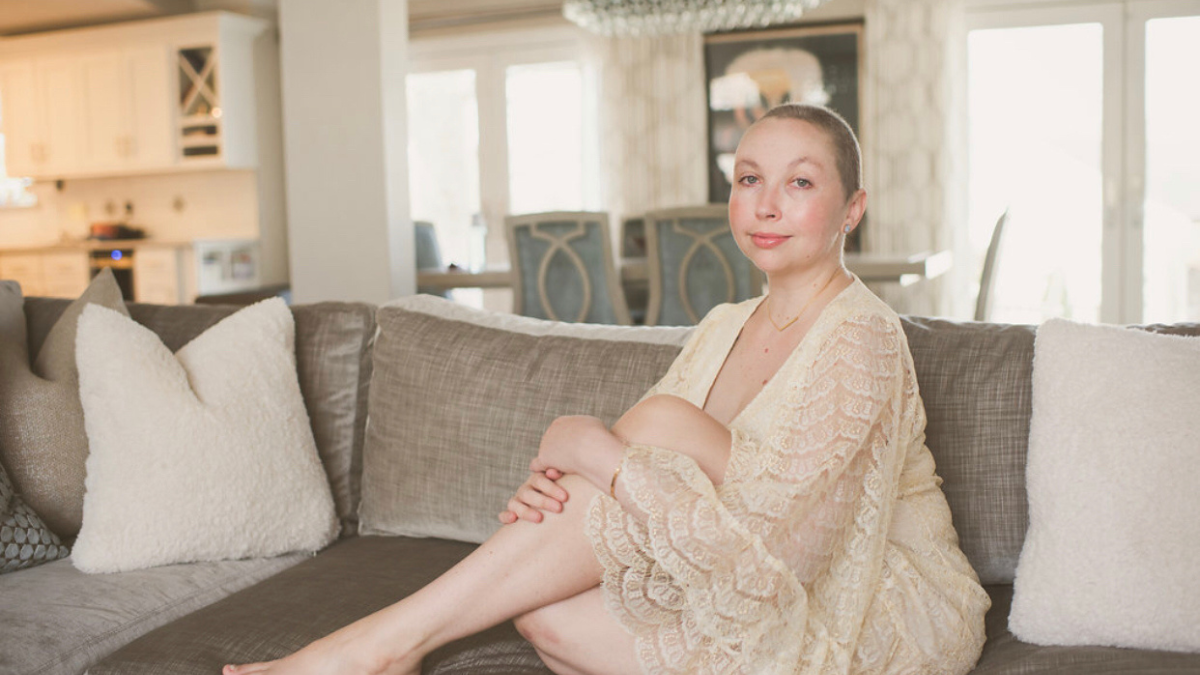
Lean into your desire to have children in the future.
If you have been diagnosed before having children and you think that may be something you want for yourself someday, don’t deny those feelings. You will feel the pressure to begin treatment ASAP, but know there is time to plan for your future family now, even if your doctor doesn’t bring up egg and ovary preservation at first. Fertility specialists understand that women who are diagnosed with breast cancer and want families in the future have specific needs, and they will fit you in to make sure your needs are met. It’s possible the expenses to preserve your eggs will be covered by your insurance or a financial assistance program, so don’t let worry about costs hold you back from looking into protecting your fertility. Talk to you care team to get the answers you need.
Lean into community.
When I was diagnosed, I was convinced no one could relate to my exact woes. I made a few friends through my network and Facebook, who were also dealing with cancer. But I never really considered myself part of a cancer community until I completed 6 months of chemotherapy. Everyone finds a sense of community in their own time, but I truly believe that had I leaned in sooner I would have felt less alone throughout my diagnosis and chemotherapy. I learned early on that in-person general cancer support groups were not for me. I was always the youngest person in the room, and I felt very disconnected from the stories of the others in the groups, some of whom were nearing the end of their lives and were planning accordingly.
Trust that if you don’t feel supported by your first, second or even third encounter with others affected by cancer, it is still possible for you to find people who make you feel safe and connected. Living Beyond Breast Cancer’s Helpline and young women’s Facebook group are great places to start. The Helpline staff do a great job of pairing you with a trained peer who has a similar diagnosis, age and lifestyle as your own. If you were diagnosed under age 45, rest assured there’s a place for you in the Young Woman’s Initiative Facebook group. The group is a safe space moderated by LBBC staff members and hosted by a lovely Young Advocate volunteer. You will be able to ask questions and get to know other members, while LBBC shares helpful tips and articles and creates fun networking opportunities for young women affected by breast cancer.
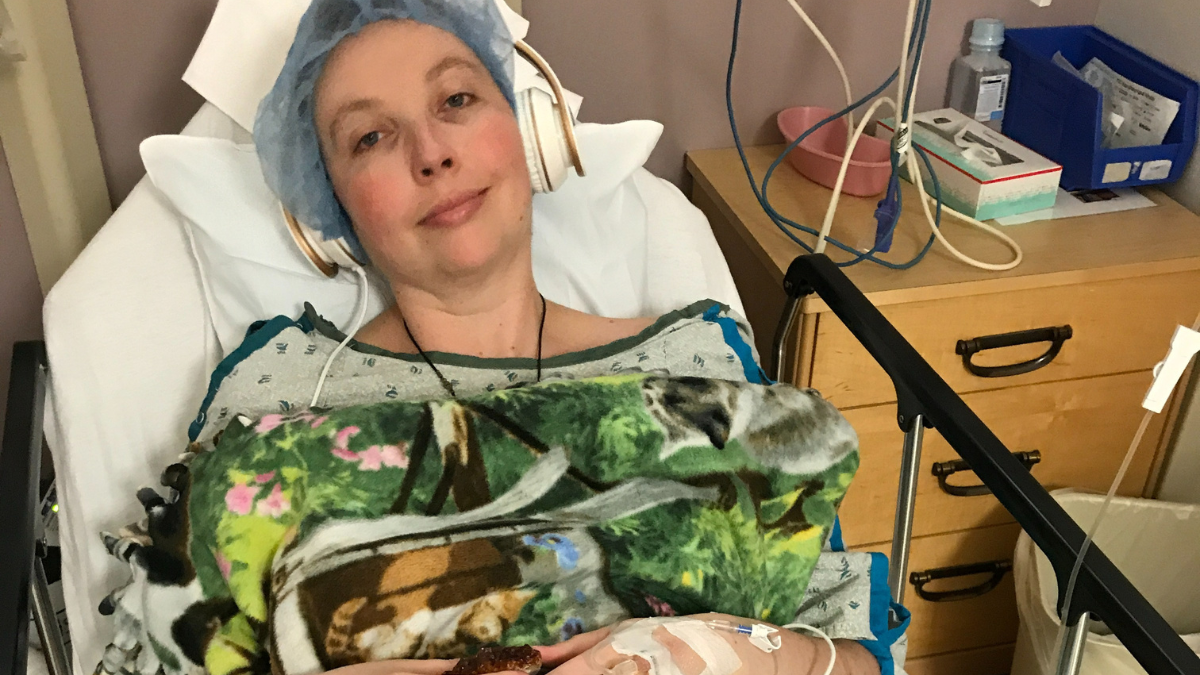
Lean into reliable information.
As I mentioned earlier, one thing I outsourced when I was diagnosed was the research, a.k.a. the Googling. To this day, although I’m slightly embarrassed to admit it, I still haven’t Googled or researched much about my triple-negative breast cancer diagnosis. I relied on others to Google any questions I had. After doing so for a while, my Googlers started to send me links to things that they learned were reputable sources of information. They were also the people who introduced me to LBBC and other amazing resources and support networks.
The internet is filled with information – answers to probably any question you will have – but the fact is that most of the information you find won’t be from a trustworthy source. I’ll admit it’s easy to get sucked into the rabbit hole of joining Facebook groups about breast cancer. You’ll see some scary things along the way. Take care of your mental and emotional well-being by tuning out other’s negative experiences and tuning into resources you can trust.
Lean into comprehensive care.
While your oncological team takes care of treating the cancer, don’t forget to nurture your body, mind and soul in other ways. It goes without saying that there is an emotional toll cancer has on you. There will be a lot of feelings of fear, anger and sadness, among others. All the emotions you experience are valid. One thing I took full advantage of was the free talk therapy my cancer center offered me. I did individual and couples therapy and it really kept me grounded and supported in ways I would not have thought of on my own.
I also invested in acupuncture and nutritional guidance to make sure I was supplying my body with healthy foods that optimized my immune system. Getting lymphatic massage was also a great way to keep my body performing well. There’s no right or wrong way to help yourself through a cancer diagnosis, but using multiple therapies to treat all aspects of yourself will set you up for success more than you might realize.
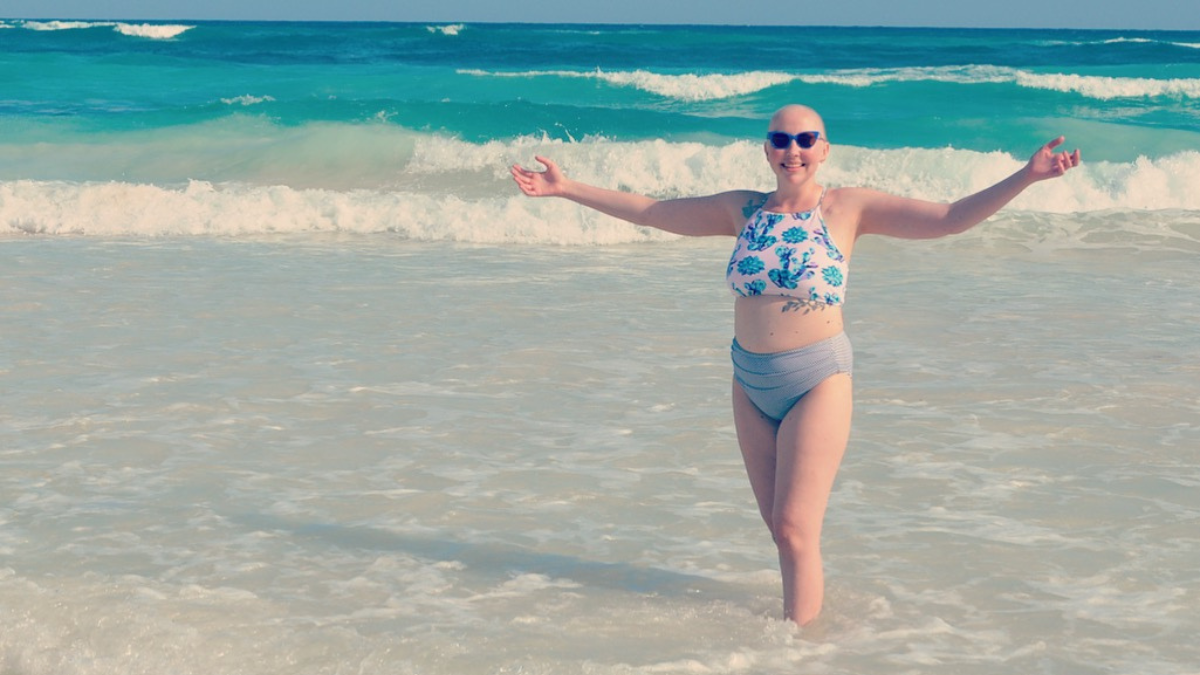
This story was published as part of our What I Wish I Knew blog series that was supported by Exact Sciences (formerly Genomic Health).
Stay connected
Sign up to receive emotional support, medical insight, personal stories, and more, delivered to your inbox weekly.
